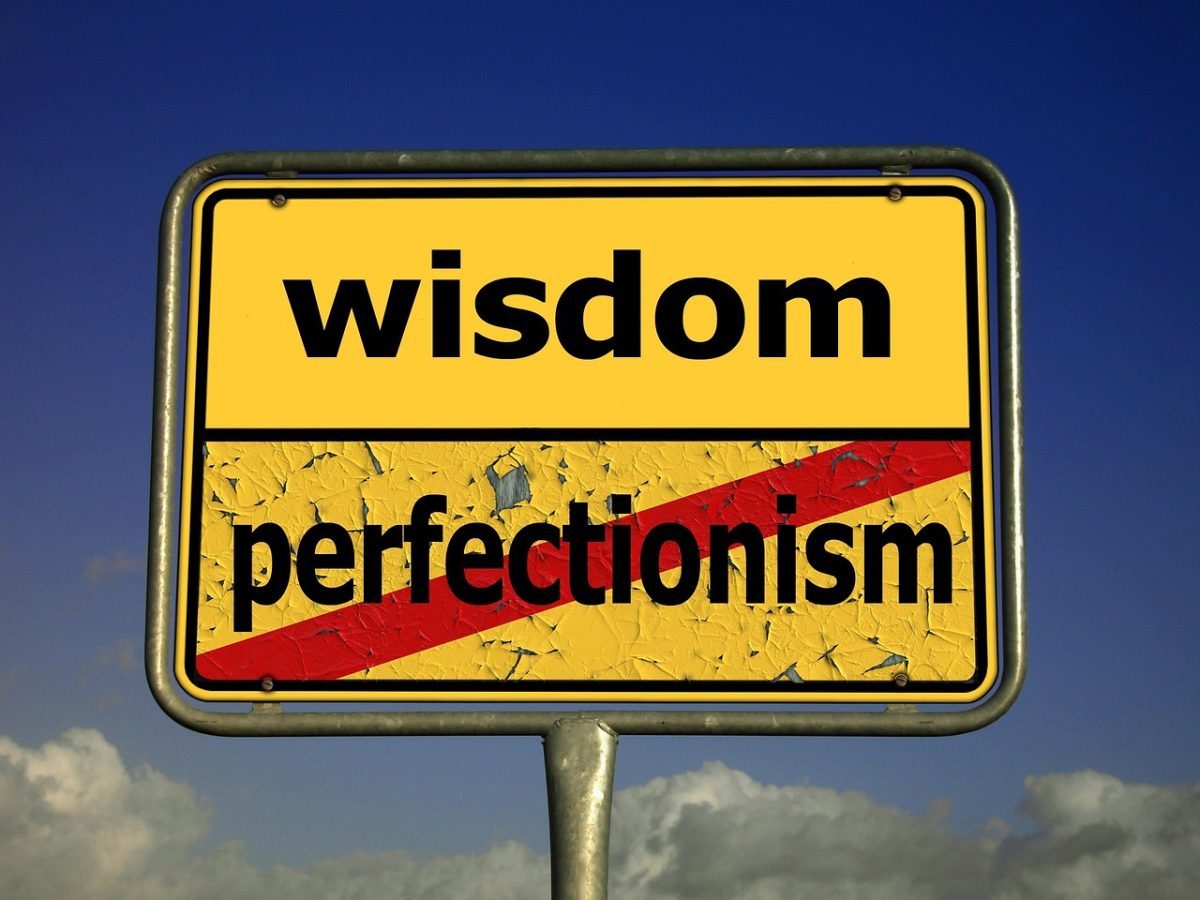The idea of perfectionism has affected thousands of people worldwide. According to Harvard University Summer School, levels of perfectionism among college students increased significantly between 1989 and 2016. Whether it’s because of trying to fit in or trying to be like someone else, there are a lot of negatives to this.
But what is perfectionism? Well, it’s a process where people will strive to reach their potential, which can make them gain a certain following, depending on their skills and what they do to attract the crowd. It’s not bad for people to want to be perfect. In fact, people have many different reasons for striving. Some do it so that they can belong to a group and not have to feel alone or like an outsider. This not only affects the people themselves, but it could also impact their relationships with their families and friends.
In more extreme cases, they not only escape from their true selves and identity; they are running away from the truth and who they used to be, however unpopular or marginalized that they might have been. According to Psychology Today, perfectionism comes with a real risk of “depression, anxiety, obsessive-compulsive disorder, eating disorders, and even suicidal impulses.” Clearly, the cost of someone’s perfectionism can be very high.
Then there’s the impact of social media on perfectionism. Social media plays a major role because people feel a need to post whatever will attract the attention of other people. People end up showing off their actions with another persona, which can leave people burdened with self-thoughts and disbeliefs. This has even led to a lot of suicides and suicide attempts every year. We wonder, “What is going on in their heads? How are they feeling right now? What are they telling themselves?”
We hear people around us say something related to perfectionism, but it’s more like a humble brag and trying to make other people feel weak. The cycle of perfectionism, the people who pursue popularity and attention getting, has been growing over the years. That cycle has also contributed to people’s shame and internal strife. The world we live in now is filled with popularity, attraction, and shame. The people who care about this trend and want to break the cycle must focus on their own success instead of others’.
There are some ways that people can begin to tackle the problem of perfectionism in society. The American Psychological Association states that young people can develop resilience and a sense of self-worth. The APA surveys studies that find that “volunteering, mentoring, tutoring, and related activities” go a long way toward building self-esteem and overcoming mental health struggles. We also have to see that while perfection is an ideal, it is not a realistic destination. We will never be perfect, and even those who project an image of perfection are far from it. That sort of perspective is essential to restoring a sense of social and personal balance.












